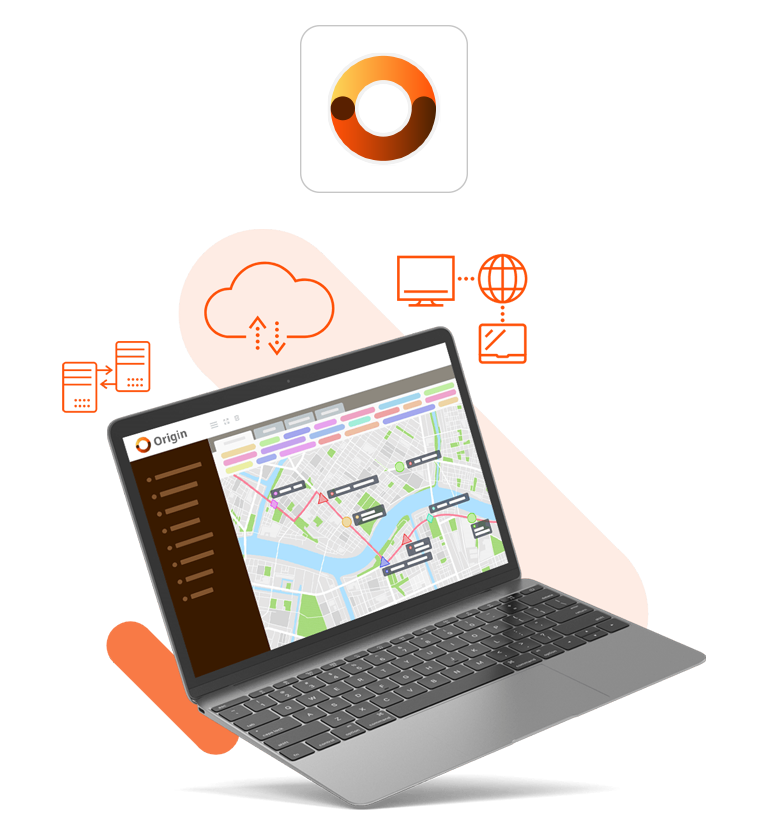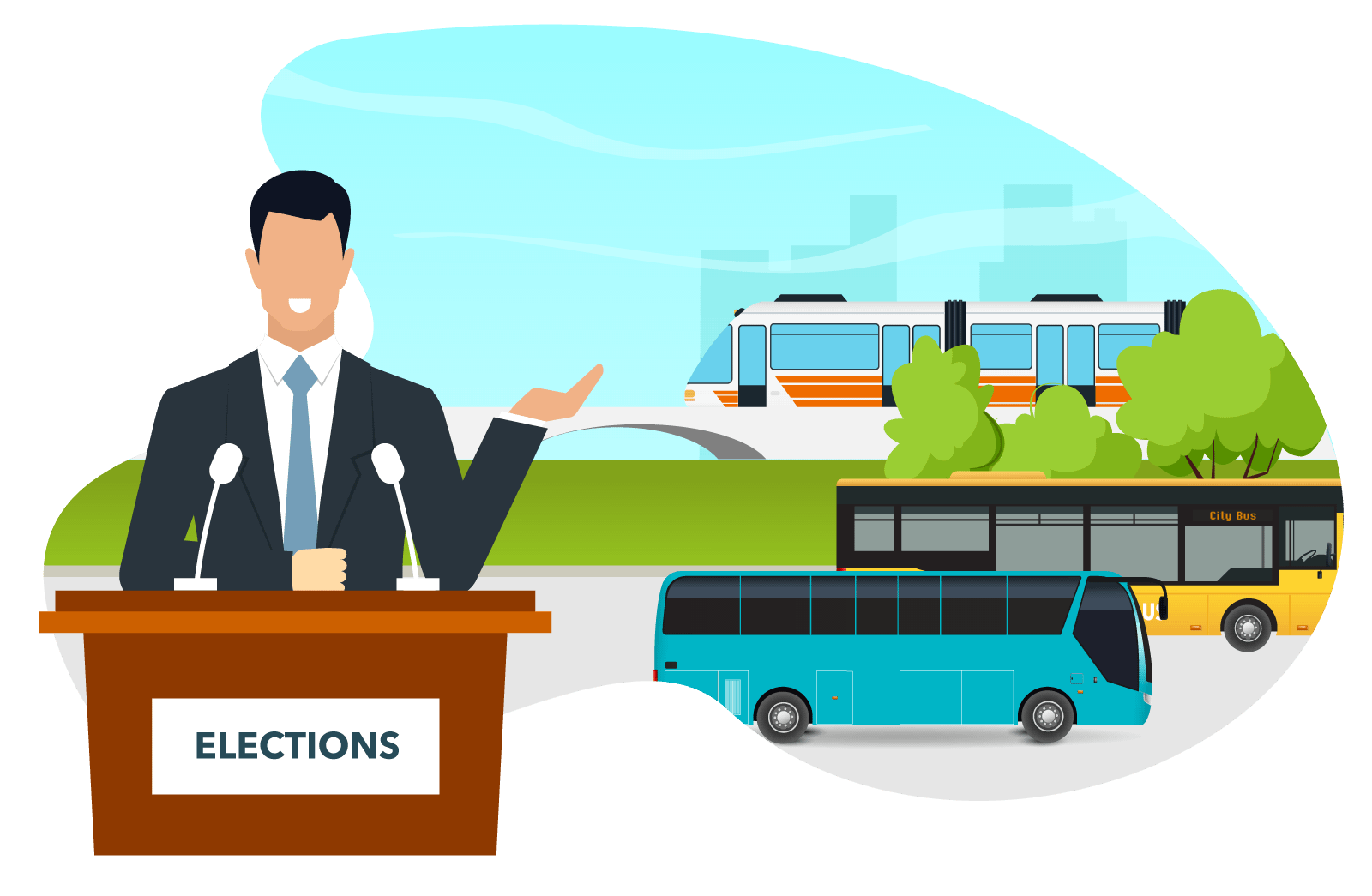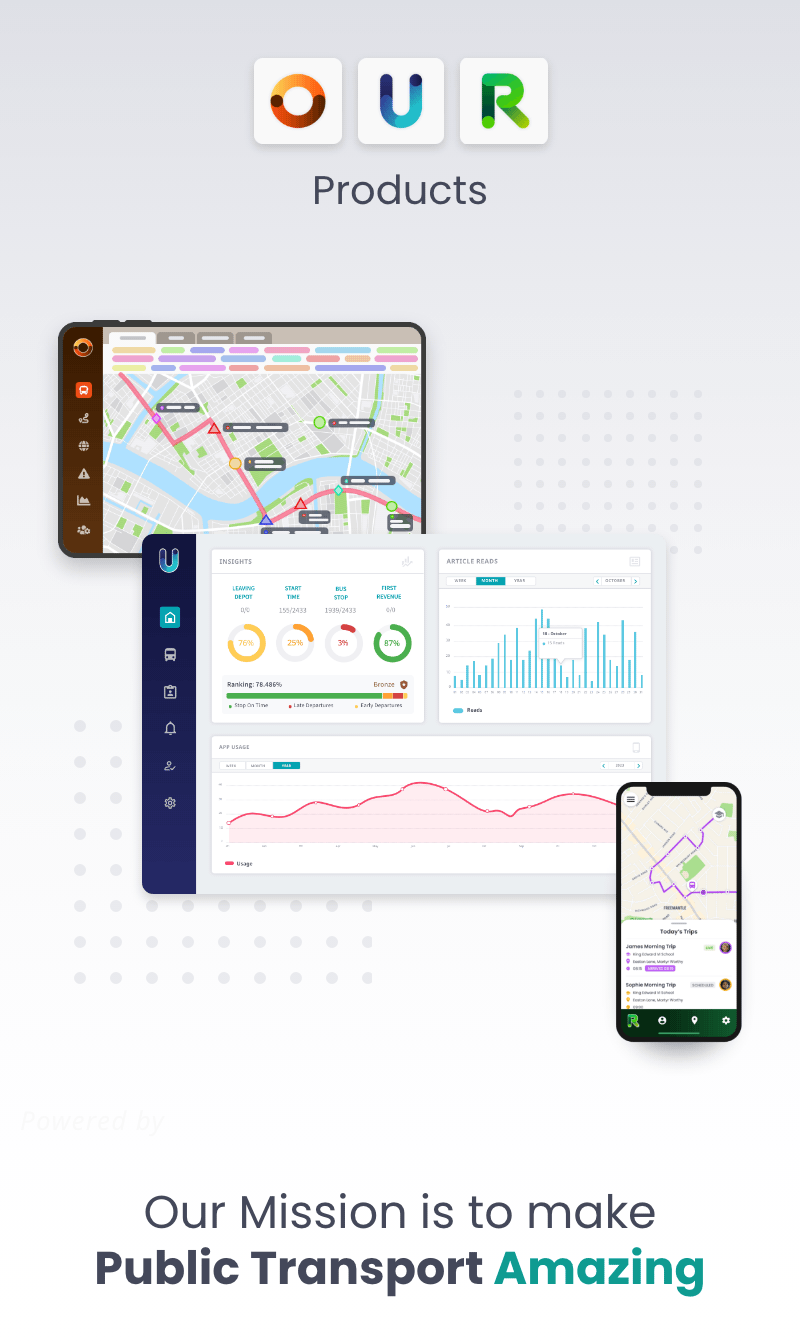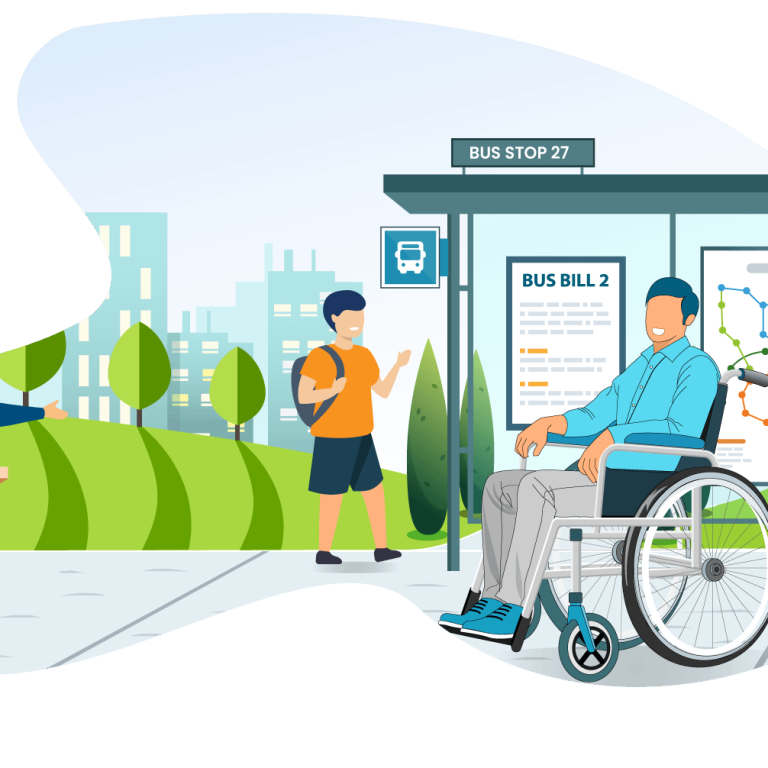Rishi Sunak gave a less-than-subtle clue recently as to when the general election might take place, suggesting that it would be in the second half of the year. Naturally, Keir Starmer and the Labour Party accused the Prime Minister of squatting in Number 10 – all typical pre-election sparring, and hardly surprising. It will be interesting to see just how much the humble bus will be used as a punchbag for political point scoring, as it happens this very week up in Cumbria. Three Labour Party hopefuls drew attention to a huge drop in bus mileage over the last 13 years since the Tories have been in power.
The local Conservative MP fired back and stated that the controlling Labour authorities were, in fact, responsible as they had failed to support the local BSIP or Bus Service Improvement Plan. According to the man in blue, this plan would have radically improved local bus services.
Looking at the bare facts, the truth is that over the last ten years, bus mileage in Cumbria has dropped by well over 20%. The reality is that, across the country, rural bus services have been decimated. This goes back to the austerity years when the incumbent PM, “Just call me Dave” Cameron, instigated the austerity measures. Bus services were at the bottom of the queue when it came to getting ever-decreasing amounts of money, with local authorities having to decide whether to pay for a policeman or a Sunday evening rural bus service.
The reality is that when elections come along, policies tend to be put on hold as party manifestos are prepared to woo voters into putting their ‘x’ on the ballot paper. Buses tend not to feature heavily, given that essential local services matter more to the majority of residents, which is understandable.

However, we cannot dispute that the bus has certainly proved its worth, with operators keeping essential services operating during the pandemic, which, of course, happened since the last election. To be fair, three times ago, Prime Minister Boris Johnson put his money where his mouth was and paid to keep the buses on the road, as well as supporting other pro-bus policies like the two-pound flat fare. So, while it is true that under the Conservative flag, bus services have declined significantly, post-pandemic positive pro-bus support has been given.
A good example is the UK Bus Centre of Excellence, which saw the Department for Transport (DFT) pump just under a million pounds’ worth of investment to get the centre up and running. And, as a member of the advisory board, I have seen for myself just what a positive difference the UKBCOE is starting to make, with other great projects about to be unleashed in 2024.
So, no matter who wins the next election, I can only hope that common sense applies and that the next set of decision-makers, and money spenders, will appreciate the significant role that the bus plays in combating climate change as well as providing an invaluable lifeline for millions of people across the land. You can rest assured that here at uTrack, we will continue to play our part in supporting the industry to give passengers the very best experience they can.
Austin Birks.

Origin
Making operational excellence the standard across the transport industry.

Written by Austin Birks






